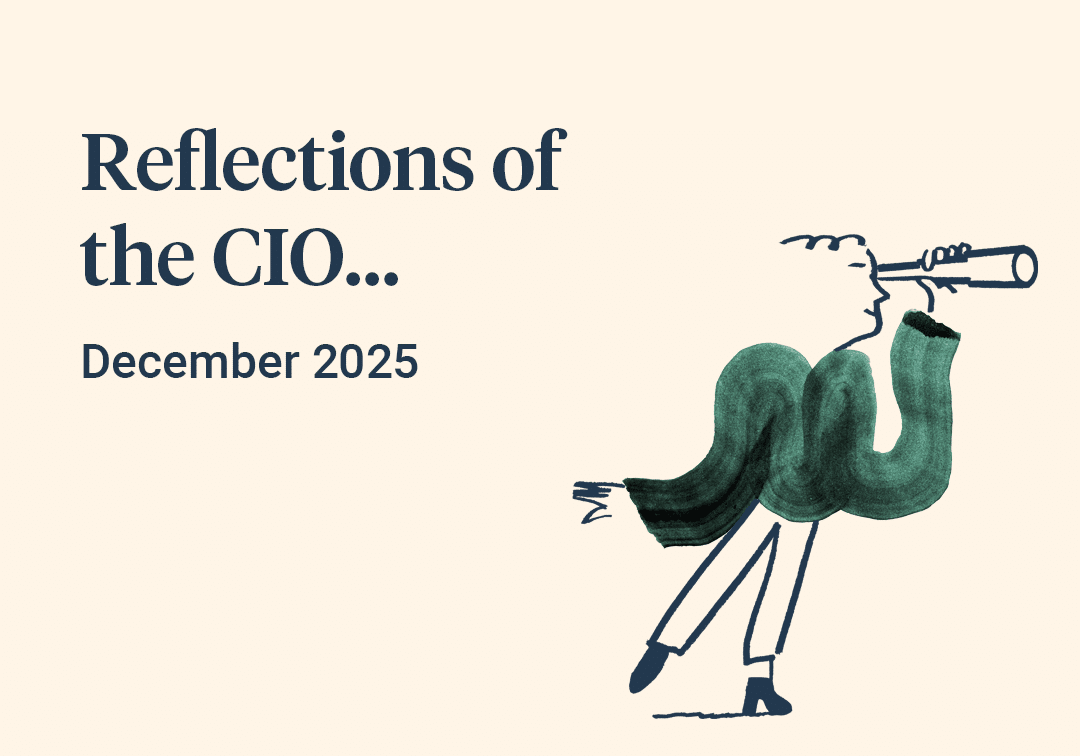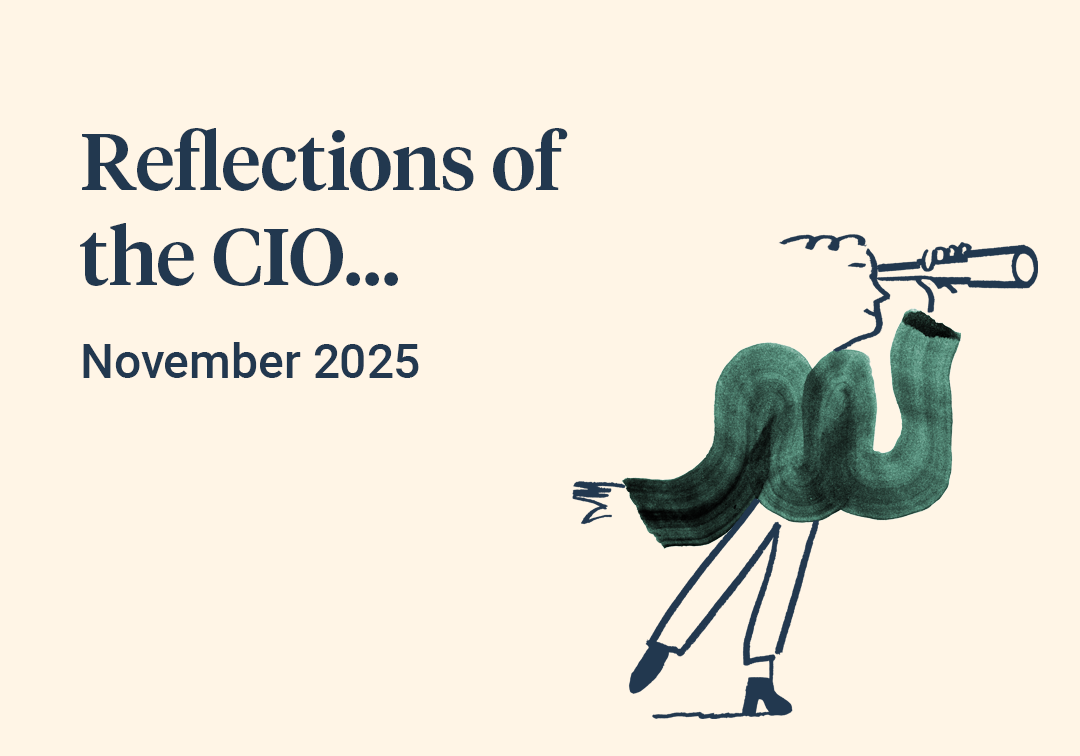Portfolio Performance
July was a busy month which ultimately ended up delivering a strong recovery in asset prices around the world, despite concurrent large interest rate increases and weak economic data. Having spent the first six months of the year falling sharply, markets had eventually reached a point where the US and European central banks could raise interest rates aggressively without shocking anyone. The shock, so to speak, had already been priced in and the absence of any further bad news was enough to catalyse a strong rally.
We are now in a period where the effect of higher prices and tighter monetary policy is combining to slow economies rapidly. The US, for example, is already in a technical recession, having posted negative growth in the first and then second quarters of the year. This is, perhaps counterintuitively, being taken by investors as a ‘good thing’, because this slowdown in demand will act to push inflation lower, allowing the pace of interest rate rises to slow and then ultimately peak. The prospect of this very short interest rate cycle, combined with relatively limited economic damage, is the scenario which the US Federal Reserve is seeking to engineer and, for July at least, investors are giving them the benefit of the doubt that they will succeed.
However, the situation outside of the USA is much less clear-cut. In Europe, the European Central Bank was forced by inflation readings to raise interest rates for the first time in 11 years and by a large increment too (+0.5%). They also simultaneously announced a new intervention instrument, designed to boost their defensive armoury, should the markets again test their resolve to deal with pressures in the Italian and peripheral bond markets. All this coming in a region where economic growth is held hostage to geopolitical forces, with the very real prospect of devastating energy rationing looming towards the end of the year. Similarly in China, the slow reversal of ‘zero Covid’ policies coupled with the equally slow pace of property market reform, is undermining investor conviction that this vital region will be able to grow at a pace that offsets the contractions elsewhere.



